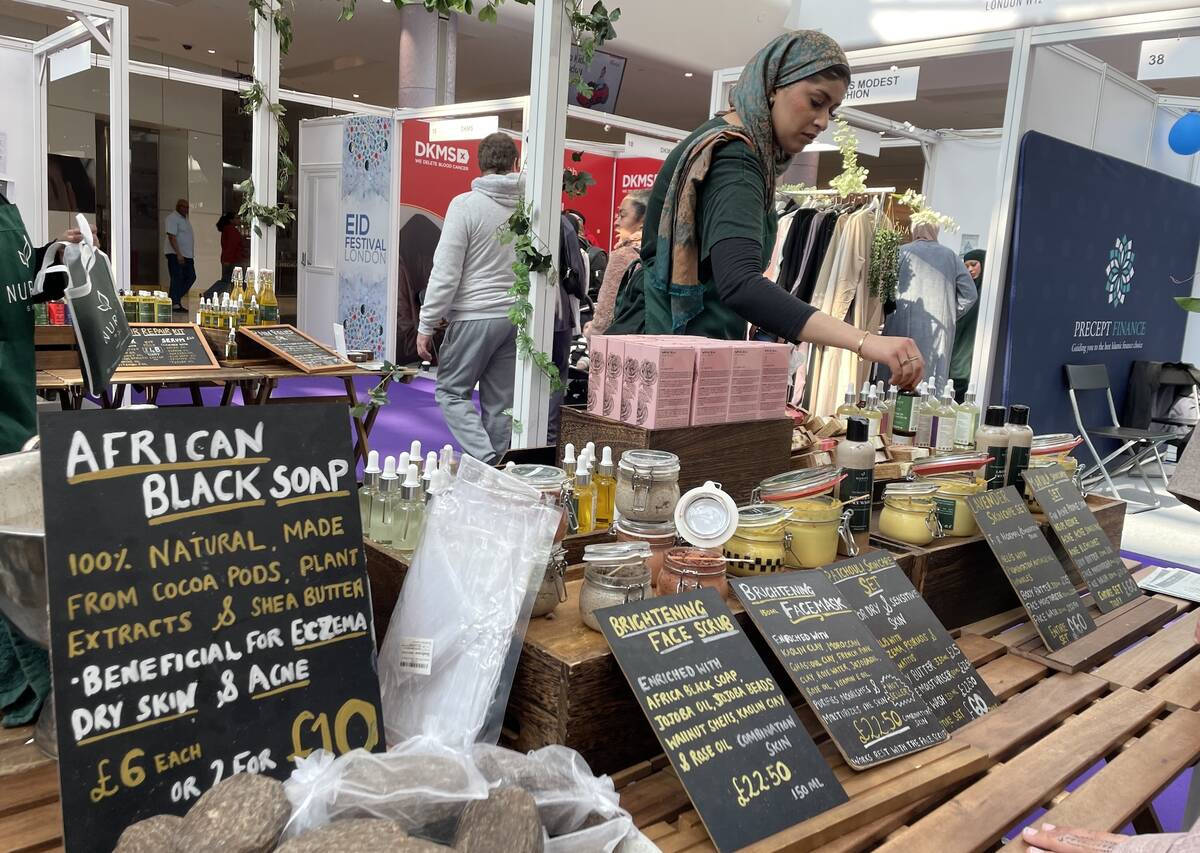BRUSSELS: The European Commission did not allow the public enough access to information about COVID-19 vaccine purchase agreements it secured with pharmaceutical companies during the pandemic, the EU general court said Wednesday.
The decision came a day ahead of a vote at the European Parliament at which European Commission President Ursula von der Leyen is seeking reelection.
A group of EU lawmakers had taken legal action after the Commission refused to grant them complete access to COVID-19 vaccine contracts secured between the EU’s executive arm and manufacturers.
The pandemic shed light on the issue of transparency surrounding the negotiations for vaccines between the EU and big pharmaceutical groups. The EU Commission was mandated by member countries to organize the joint procurement of vaccines during the pandemic and led negotiations with manufacturers.
According to the court, the procurement of vaccines on behalf of all 27 member states allowed the bloc to quickly gather 2.7 billion euros ($2.95 billion) to place an order for more than a billion doses of vaccines.
In 2021, some members of the European Parliament asked for the full details of the agreements, but the Commission only agreed to provide partial access to certain contracts and documents, which were placed online in redacted versions. It also refused to say how much it paid for the billions of doses it secured, arguing that contracts were protected for confidentiality reasons.
In a statement, the court said that “the Commission did not take sufficient account of all the relevant circumstances in order to weigh up correctly the interests at issue.”
Two years ago, the EU’s ombudsman said in a separate case that the Commission was responsible for “maladministration” for mishandling a request for access to text messages between its president and the CEO of pharmaceutical company Pfizer regarding COVID-19 vaccine purchases.
Ombudsman Emily O’Reilly recommended that the European Commission “do a more extensive search for the relevant messages” relating to such purchases after a story published by the New York Times revealed that von der Leyen and Pfizer CEO Albert Bourla had exchanged text messages and calls about vaccine procurements for EU countries.
A journalist then asked the Commission for access to the text messages and other documents, but the executive branch did not provide any texts, saying no record of such messages had been kept. Commission officials had argued that text messages are ephemeral and don’t contain important information to justify their inclusion in a document management system.
European Commission didn’t provide enough information about COVID-19 vaccine deals, EU court says
https://arab.news/ruks3
European Commission didn’t provide enough information about COVID-19 vaccine deals, EU court says

- According to the court, the procurement of vaccines on behalf of all 27 member states allowed the bloc to quickly gather 2.7 billion euros































